6 Tips for Caring for Elderly Cats
 June 19, 2023
June 19, 2023
As time goes on, our pet cats will grow old. Caring for elderly cats requires more attention and care to ensure their health and well-being. In this article, I will share 6 tips for caring for an elderly cat.
![]() Dietary Adjustment
Dietary Adjustment
The dietary needs of elderly cats will change. Their metabolism slows down, so they need fewer calories. Choose high-quality cat food specifically designed for older cats, which contains less fat and more protein to meet their nutritional needs. In addition, elderly cats may develop dental problems, so choose wet food or soak dry food to make the food easier to chew and digest.
![]() Regular Checkups
Regular Checkups
Older cats need more frequent checkups. Take them to the vet regularly for comprehensive health checks, including heart, kidney, joint, and more. Early detection and treatment of potential health problems can extend your cat's life and improve its quality of life.
![]() Watch Your Weight
Watch Your Weight
Older cats tend to become obese. Controlling your cat's weight is very important for their health. Make sure they eat properly and avoid overfeeding and snacking. If you notice a significant change in your cat's weight, adjust their diet and exercise to keep their weight within a healthy range.
![]() Provide a Comfortable Environment
Provide a Comfortable Environment
Older cats may be more sensitive to changes in their environment. Provide them with a quiet, warm and comfortable environment away from noise and tension. Provide them with a soft mattress and warm comforter to help keep them comfortable and at ease.
![]() Pay Attention to Mouth Health
Pay Attention to Mouth Health
Older cats are often prone to dental and gum problems. Check their mouth health regularly, looking for bad breath, dental stones or inflamed gums. If needed, brush their teeth regularly or use specialized oral care products to keep their mouth healthy.
![]() Provide Proper Exercise and Stimulation
Provide Proper Exercise and Stimulation
Older cats may be less active, but still need proper exercise and stimulation. Provide toys and activities suitable for older cats to encourage moderate exercise. This helps maintain their muscle and joint flexibility and improves their mental and physical health.
In short, taking care of elderly cats requires more attention and care. Older cats can be helped to stay healthy and happy by adjusting their diet, having regular medical check-ups, watching their weight, providing a comfortable environment, paying attention to oral health, and providing appropriate exercise and stimulation. Spend your old age with your elderly cat, giving them more care and warmth, and allowing them to spend their old age in a comfortable and happy environment.
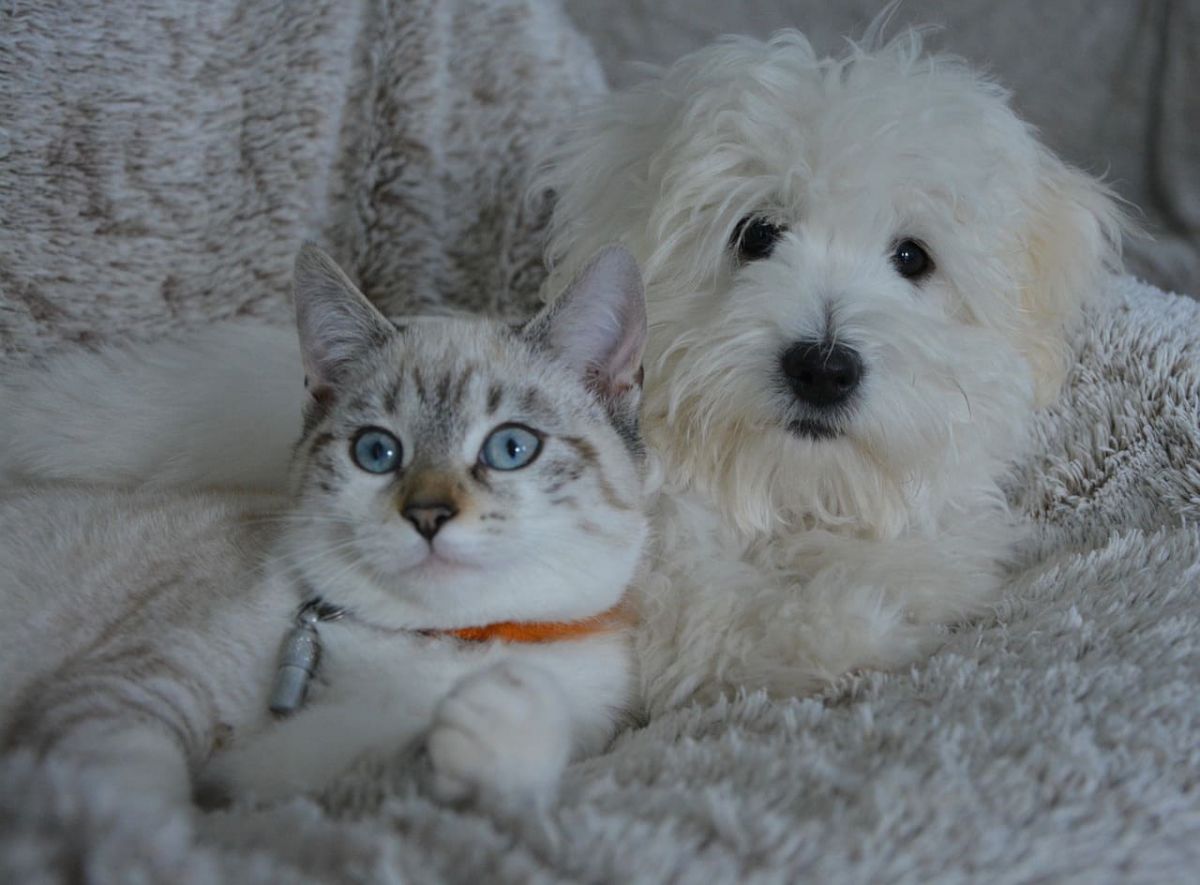
An Authoritative Glimpse into the World’s Top Ten Most Popular Categories of Pets

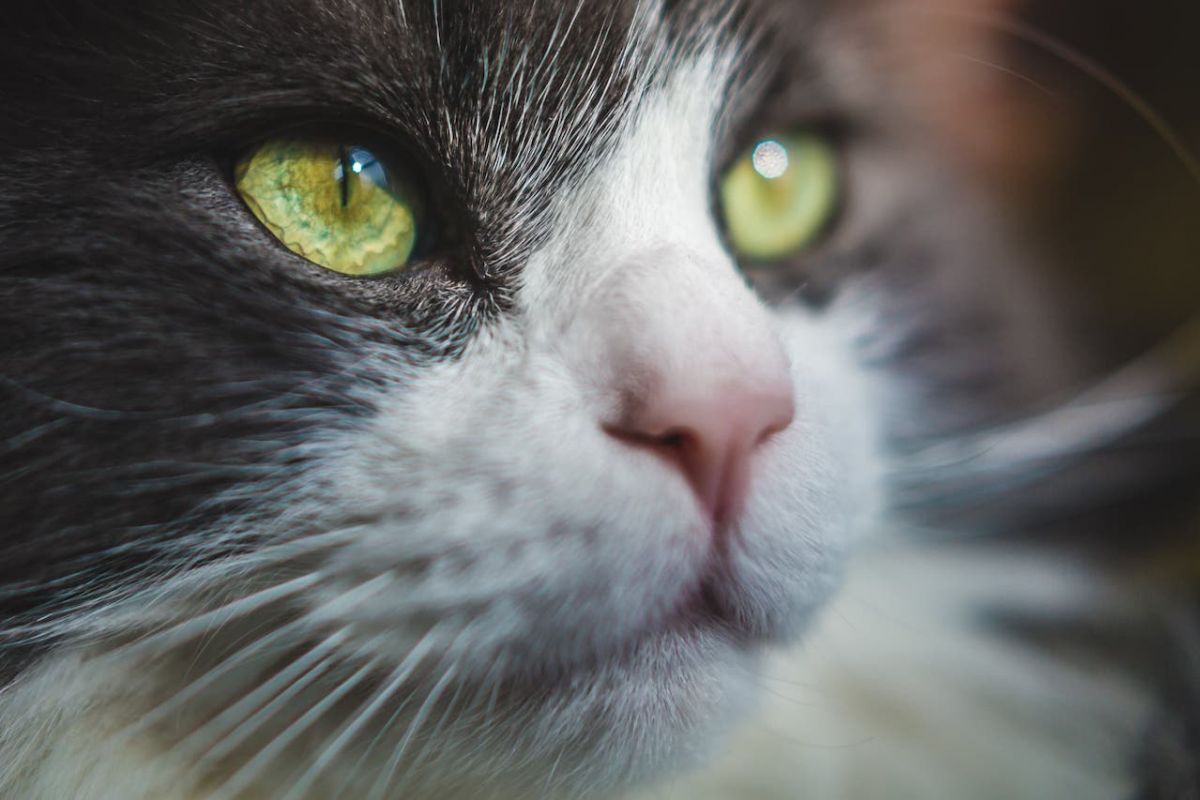
Why Do Cats Squirm Before Pouncing

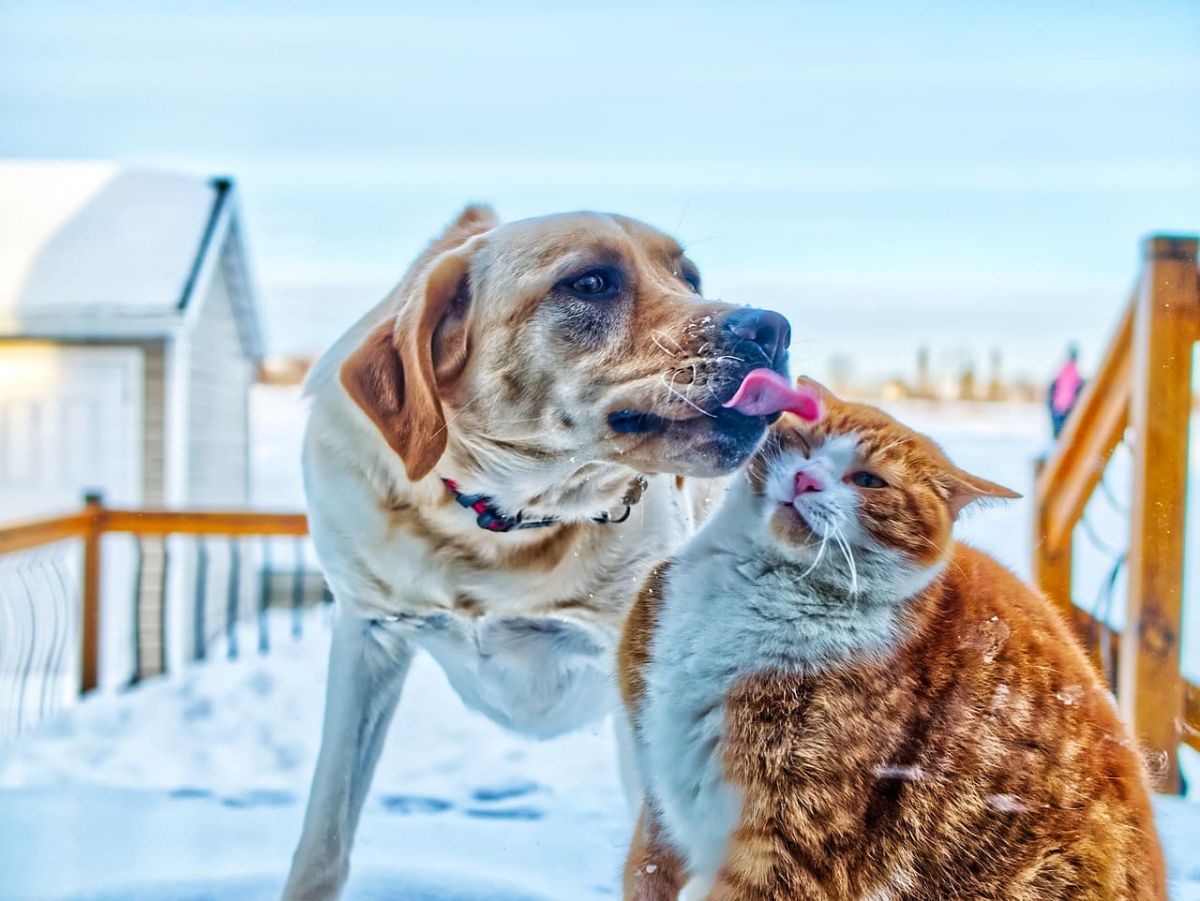
True Heartwarming Stories: The Unbreakable Bond Between Animals and Humans

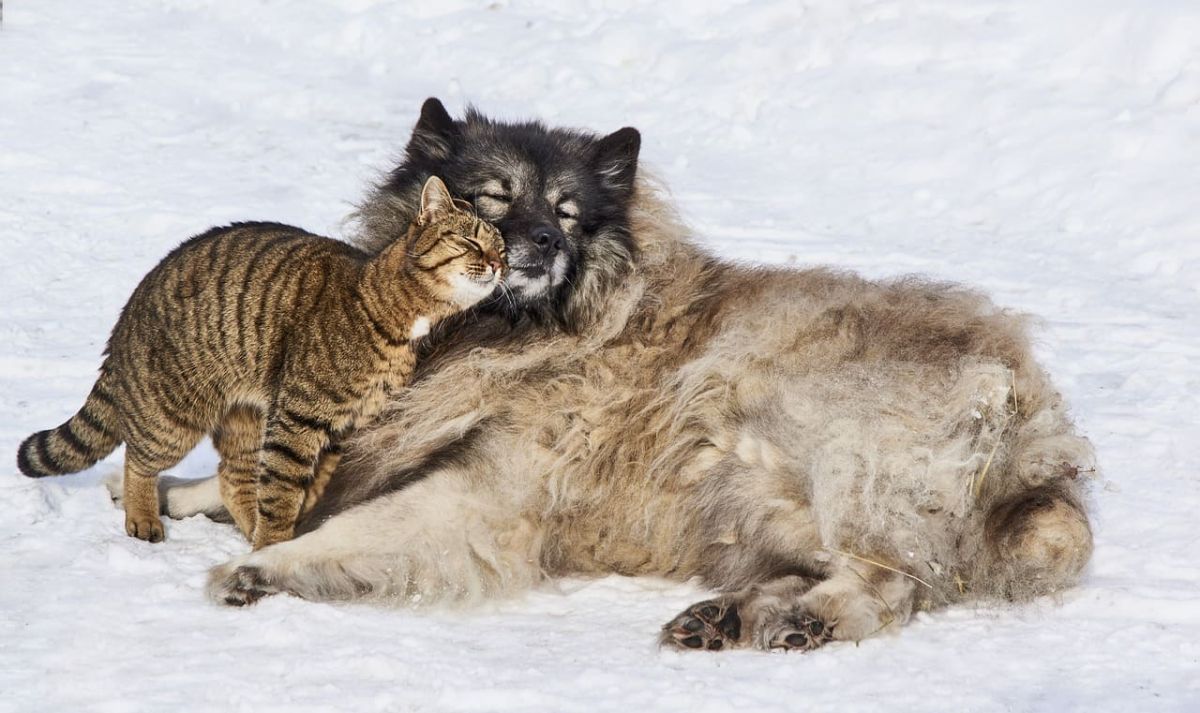
Pets’ Interesting News and Anecdotes

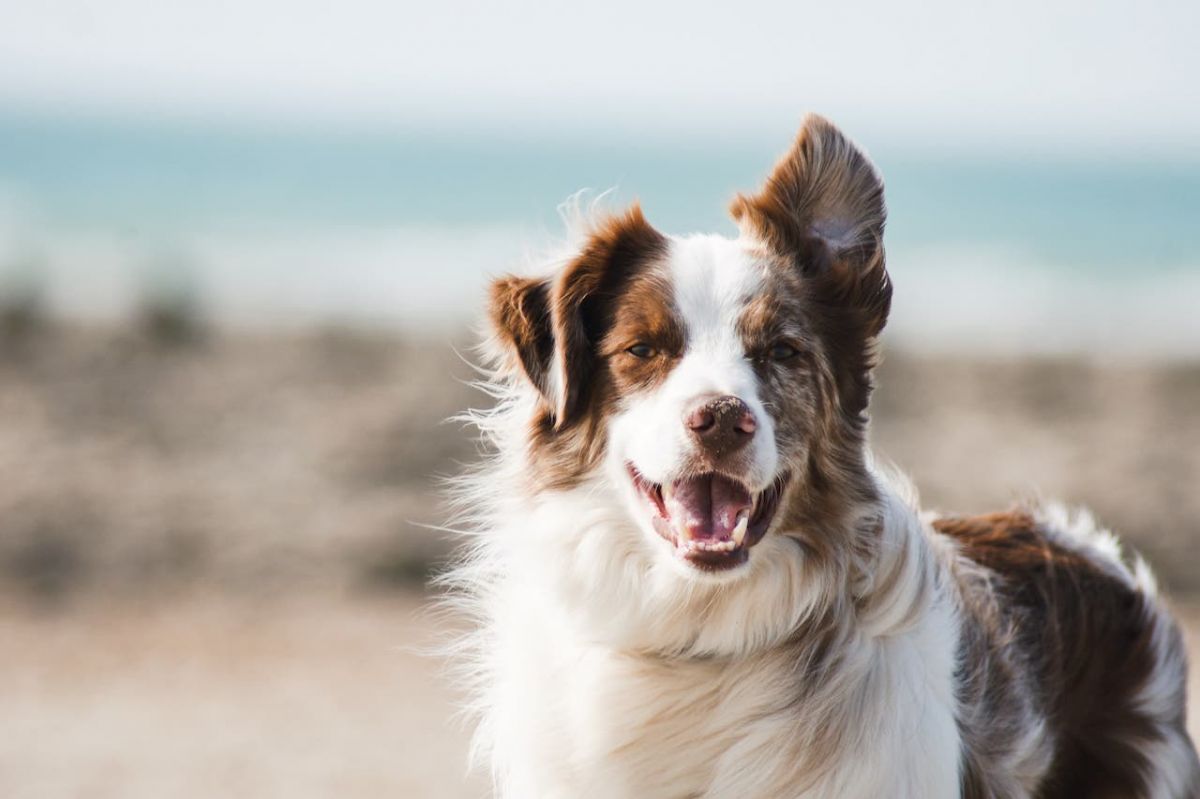
Owning a Pet May Help Maintain Mental Health When We’re Over 65

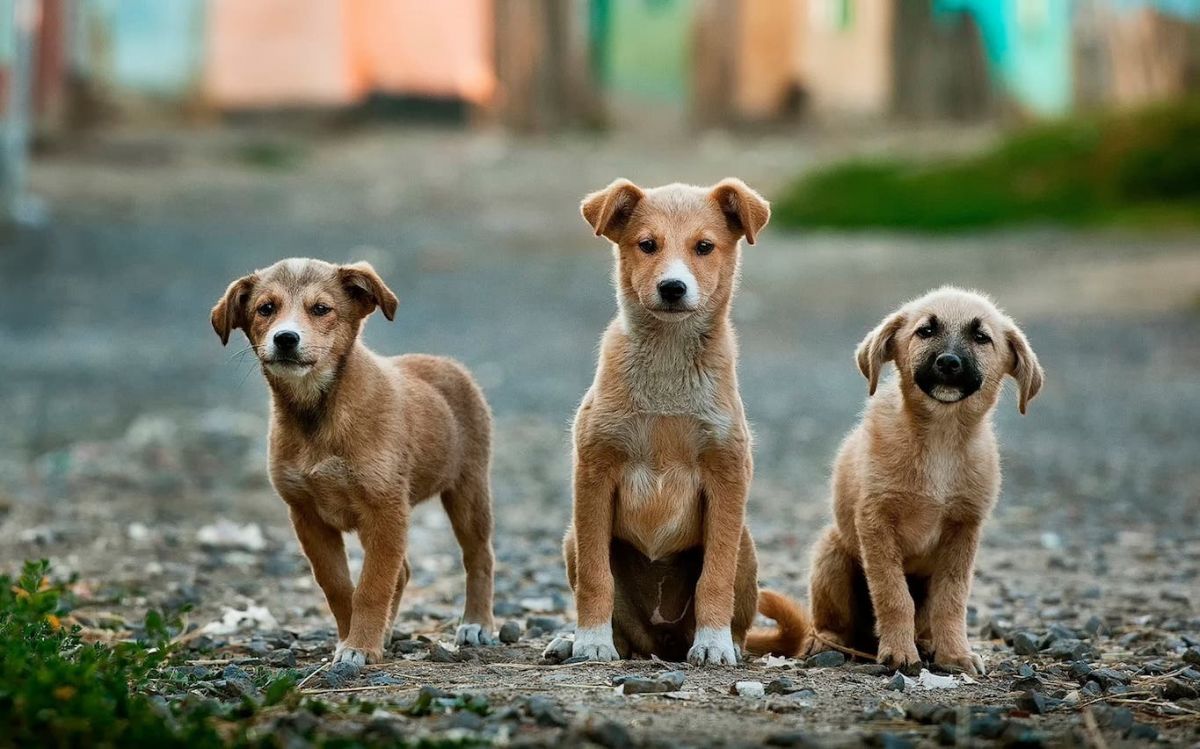
Pet IQ Test: Explore Your Pet's Intelligence and Potential

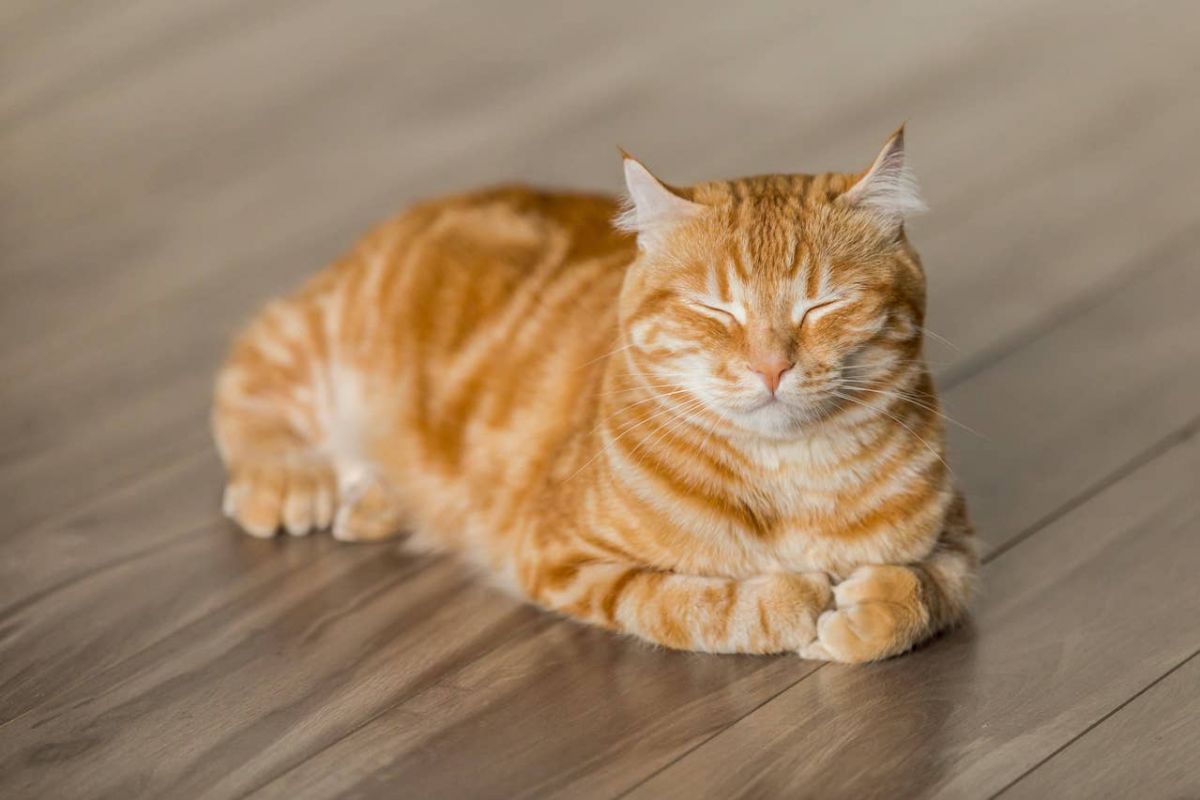
Pet Insurance: A Must for Comprehensive Pet Protection

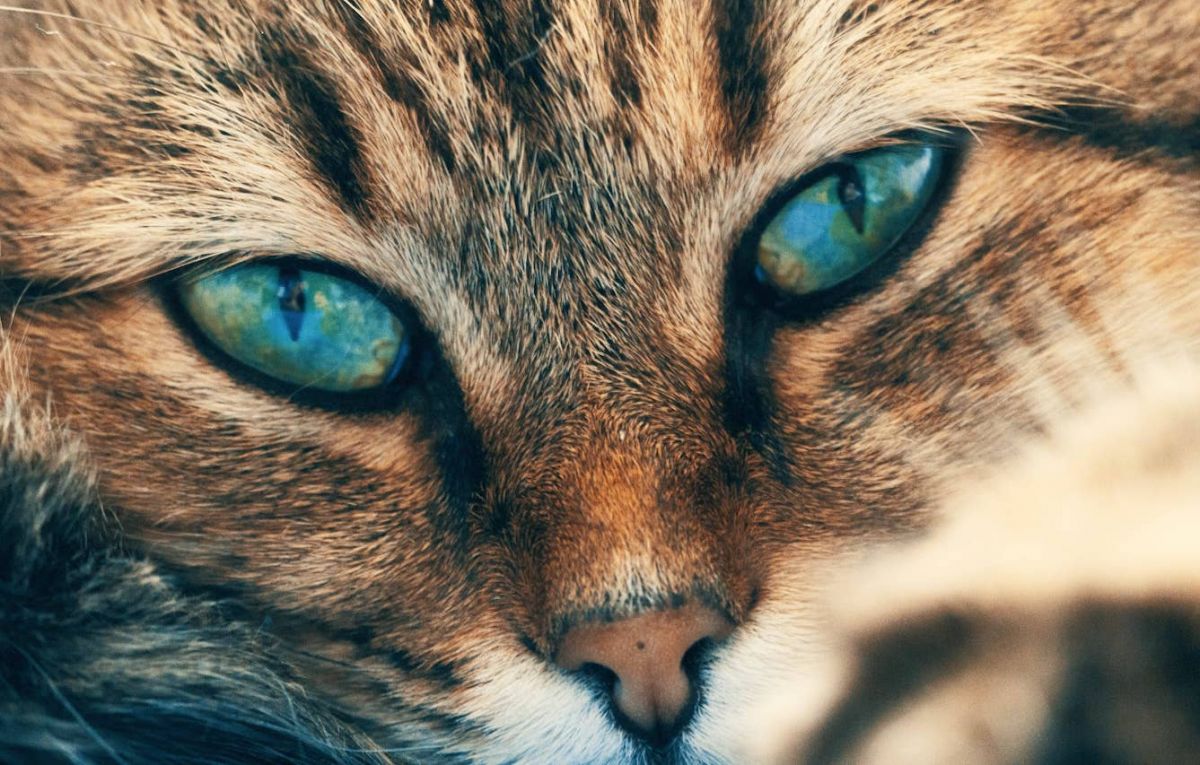
Instruction to PetSmart















